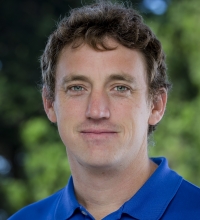Abalone and oysters are popular shellfish in aquaculture, valued as both food and for their shells. But the development of sustainable aquaculture in California already lags behind the demand for these species, and ocean acidification will further challenge the industry's growth. More research is needed to develop techniques for successfully and sustainably cultivating shellfish. Innovation in the field will benefit from researchers of varied backgrounds, with varied perspectives.
This project supports an aquaculture training and research program for a group of undergraduate students at San José State University. Through mentorship, hands-on experience and opportunities for independent research, the program introduces students to career paths in aquaculture and builds lasting relationships between students, mentors and industry partners.
Beginning the summer before their senior year, students in aquaculture-related majors visit industry professionals and gain research experience in integrated multi-trophic aquaculture (IMTA). IMTA design grows multiple species together to improve overall species health. At San José State University’s Moss Landing Marine Laboratories, scientists are growing abalone and oysters together with seaweed. Because seaweed draws carbon dioxide out of the water, its presence helps to reduce the impacts of ocean acidification on shelled animals like abalone and oysters. Students have the opportunity to pursue independent research under the guidance of graduate students, academic researchers at Moss Landing Marine Laboratories and industry partners. These projects help the students develop skillsets in biomechanics, physiology and husbandry and contribute to current aquaculture science. Several student participants are already taking the next steps in their career paths, including matriculation into a master’s program and the commencement of a career in the private sector.
 Maya deVries
Maya deVries
 Luke Gardner
Luke Gardner